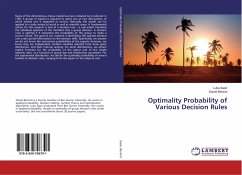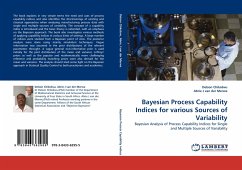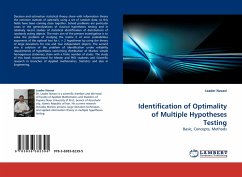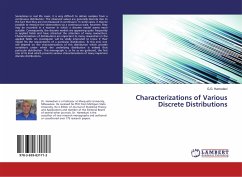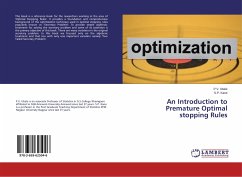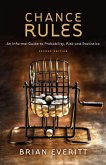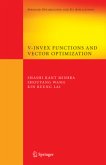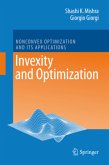Study of the dichotomous choice model has been initiated by Condorcet in 1785. A group of experts is required to select one of two alternatives, of which exactly one is regarded as correct. Naturally, the model can be applied to a wide variety of social as well as scientific areas. A fundamental notion for this research is that of a decision rule -- a rule which translates the individual opinions of the members into a group decision. A decision rules is optimal if it maximizes the probability of the group to make a correct choice. The goal of our research is identifying the optimal decision rule under partial information on the decision skills. Specifically, we assume we do not know the correctness probabilities of the experts; however, we know they are independent random variables selected from some given distribution, and their internal ranking. For some distributions, we obtain explicit formulas for the probability of the expert and of the simple majority rules, as a function of group size and distribution parameter. For the exponential distribution, we obtain the optimality probability of several families of decision rules, ranging from the expert to the majority rule.
Bitte wählen Sie Ihr Anliegen aus.
Rechnungen
Retourenschein anfordern
Bestellstatus
Storno

